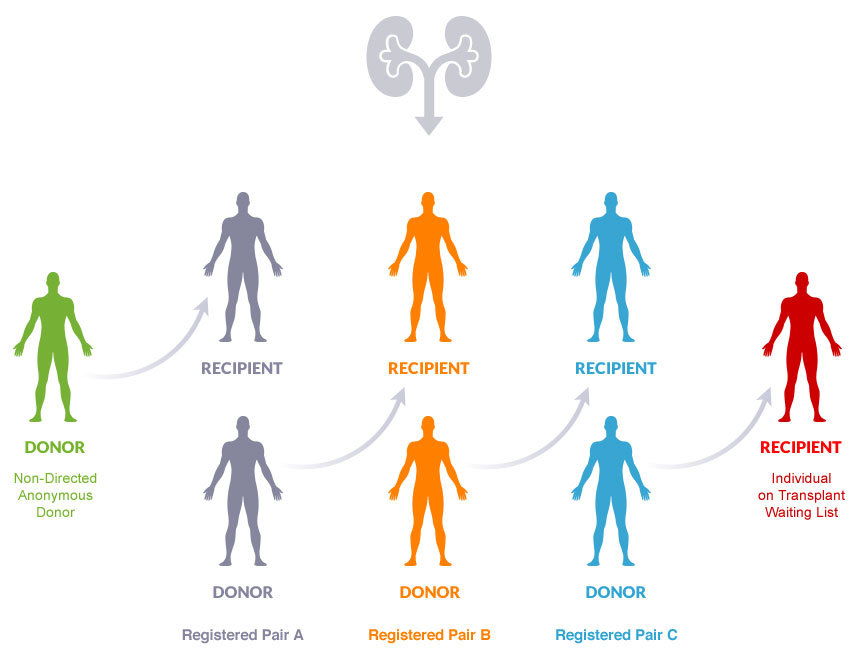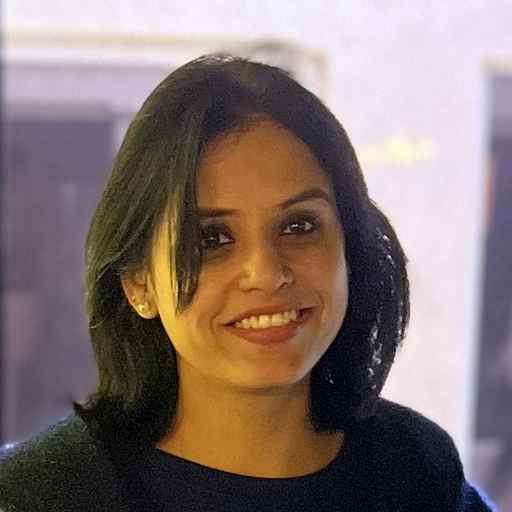Apollo Hospital
Chennai,India

Kidney disease kills millions of people around the world. It is estimated that 31 million people in the US alone are suffering from chronic kidney disease (CKD), which accounts for almost 10 percent of the adult population. Kidney Transplantation From Unrelated Donor is a reality in today’s world.
Patients suffering from CKD often need dialysis or kidney transplantation to survive. However, it is estimated that only half of the people across the world who need hemodialysis or kidney transplantation actually end up receiving treatment. Nearly 2 million people die prematurely every year because of the absence of treatment for kidney failure.
One of the main reasons why so many people die is the unavailability of donors in the immediate family. Additionally, the quality of life of people who wish to remain of dialysis for the rest of their lives and not go for a transplant also continues to deteriorate.
However, another major problem is ignorance about the laws pertaining to kidney donation and kidney transplant across the world. When people do not have a suitable donor in their family, they usually think that there is no way to undergo a transplant. This is because most of the countries only allow kidney transplant from a blood relative. However, this is not true about all countries.
Patients who do not have a blood-relative and who can donate a kidney can still get transplantation done. This is possible through an unrelated, yet emotionally attached donor. However, there are only a handful of countries that allow that and Singapore and Turkey are two of them.
Kidney transplantation in Turkey is available at some of the best JCI-certified hospitals in the country. Kidney transplantation in Singapore is equally popular among renal patients.
Patients and families who know that it is possible to get kidney transplantation done from an unrelated yet known donor are often confused about the procedure, how things work out in this case, the documents they need, and the legal implications. The purpose of this blog is to empower the end-stage renal patients by imparting them knowledge about unrelated kidney transplantation.

The most important thing that matters in the case of unrelated kidney transplantation is that the donor and the patient should be known to each other for years. However, it is equally important for them to be emotionally attached.
It is important to have a donor who is known and emotionally attached but not someone who is:
The donor in the case of unrelated kidney transplantation should also fulfill the following criteria:
All case of unrelated kidney transplantation has to undergo Ethics Committee Interview for the final approval on the surgery. The purpose of the Ethics Committee Meeting is to identify that the donor is genuine or whether he or she is actually known to the patient and his family or not.
The Ethics Committee Meeting is usually held twice a month in the country that allows kidney transplantation from an unrelated donor. The committee comprises police offers, psychologists, and doctors.
During the meeting, the patient and the donor are asked distinctive questions. Based on their answers, body language, attitude, and the level of confidence with which they answer, the committee decided whether the case is genuine or if there is organ trafficking involved.
For this reason, the patient and the donor should not try to hide any information from them. If any discrepancy is found or if the committee gets to know that it is a case of paid organ donation or organ trafficking, then there can be serious penalties or even imprisonment under the law of that particular country.
Before the Ethics Committee Meeting takes place, the concerned hospital gets all the investigations done for the patient and the donor. A copy of the reports is submitted to them along with other documentation mentioned later in this article.
In the case of patients from a different country who are not comfortable with the local language, a translator is given to facilitate the Q&A session. The patient and the donor are given different translators (approved by the Ministry) to maintain transparency and to rule out foul play during the entire process.
There are no set questions that the Ethics Committee asks every patient and that totally depends on the patient and the donor and their comfort level in responding to questions. However, as per our previous patients, the following are some of the areas that the Ethics Committee asks questions around:
You can also check the Patient testimonial of a patient who had undergone a Kidney Transplantation in Turkey. He explains to you how the process of Kidney Transplant takes place, what kind of questions are asked in the Ethics Committee and his review of the same process in a Foreign Medical Destination.
For a technical approval on the case, the following reports of the patient and the donor must be submitted for review before the case proceeds any further:
The concerned hospital may or may not decide to repeat all the tests when the patient arrives. In addition to these tests, a cardiac and psychiatric evaluation is also carried out. Once everything is done and approved, all reports are submitted to the Ethics Committee for their review, a few days in advance of the meeting.
Hospitals that conduct kidney transplantation in Turkey from an unrelated donor usually require the following set of documentation:
All of these documents must have Apostille authorization and later are translated into the Turkish language for submission to the Ethics Committee. Hospitals that conduct kidney transplants in Singapore from an unrelated donor require an extra set of documentation. Some of the documents include the following:
A kidney transplant in Turkey can be done from a donor who is aged above 18. But kidney transplant in Singapore is usually done from a donor aged above 21.
The cost of kidney transplantation in Turkey at a JCI-certified hospital starts at around $15000 (pre-investigation excluded). The cost of kidney transplantation in Singapore at a JCI-certified hospital starts at about $40000 (pre-investigation excluded).

Looking for a Cost Estimate for Kidney Transplant
Get me the Best QuotesThe overall kidney transplantation cost in either of these countries, however, may depend on several factors, including the following:
Chennai,India
In the year 1983 Apollo Hospitals Chennai- the flagship hospital was established. They were the first to nurture the idea in the nation to not only provide holistic healthcare but uplift it to be the face of international standards catering to individual reach and capacities. They have worked tirelessly to catapult education, research and healthcare to reach its best times in the nation.
Strategically located, hotels near Apollo hospital Chennai is very easy to locate. The hospital h... Read More
140
PROCEDURES
42
DOCTORS in 13 Specialties
20+
Facilities & Amenities
Kolkata,India
Apollo Gleneagles Hospitals in Kolkata is the joint venture between Apollo Group of Hospitals chain of India and Parkway Health from Singapore. It is the only hospital to be accredited with the prestigious Joint Commission International (JCI), an international benchmark for quality treatments in the Eastern zone of the Indian subcontinent after a thorough evaluation procedure of testing safety and quality consistency parameters.
In six different categories it has received the much co... Read More
138
PROCEDURES
36
DOCTORS in 13 Specialties
20+
Facilities & Amenities
Istanbul,Turkey
With a mission to become a global brand by following scientific and technological developments focusing on patient satisfaction and making a difference in healthcare service with the latest technologies. Memorial is progressing in this direction with devoted efforts of its employees.
Situated over 21000 square meters covered area the hospital is known for its healthcare services with modern architecture and comfor... Read More
106
PROCEDURES
30
DOCTORS in 13 Specialties
6+
Facilities & Amenities

With over 14 years of experience. Dr. Vijita Jayan is an extremely competent, skilled & revered Senior Neuro Physiotherapist. She holds an impeccable academic record and extensive experience in the field of neuro-rehabilitation. She is renowned for handling mobility-dependent cases. She is also an avid writer of several published articles & research papers. Being awarded several accolades in her career, she is considered one of the leading names In the field of Physical Medicine and Rehabilitation.
(+1) 424 283 4838